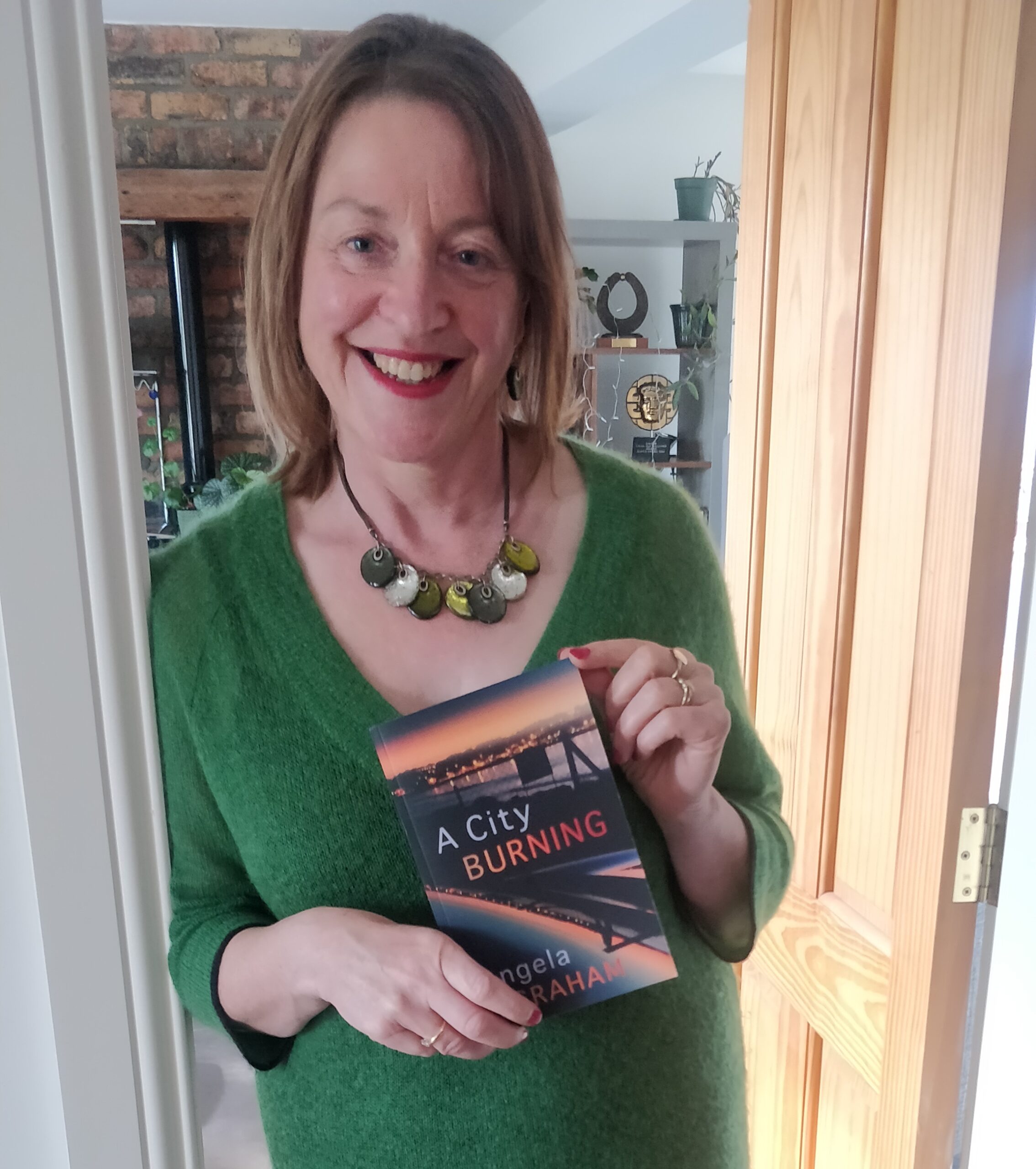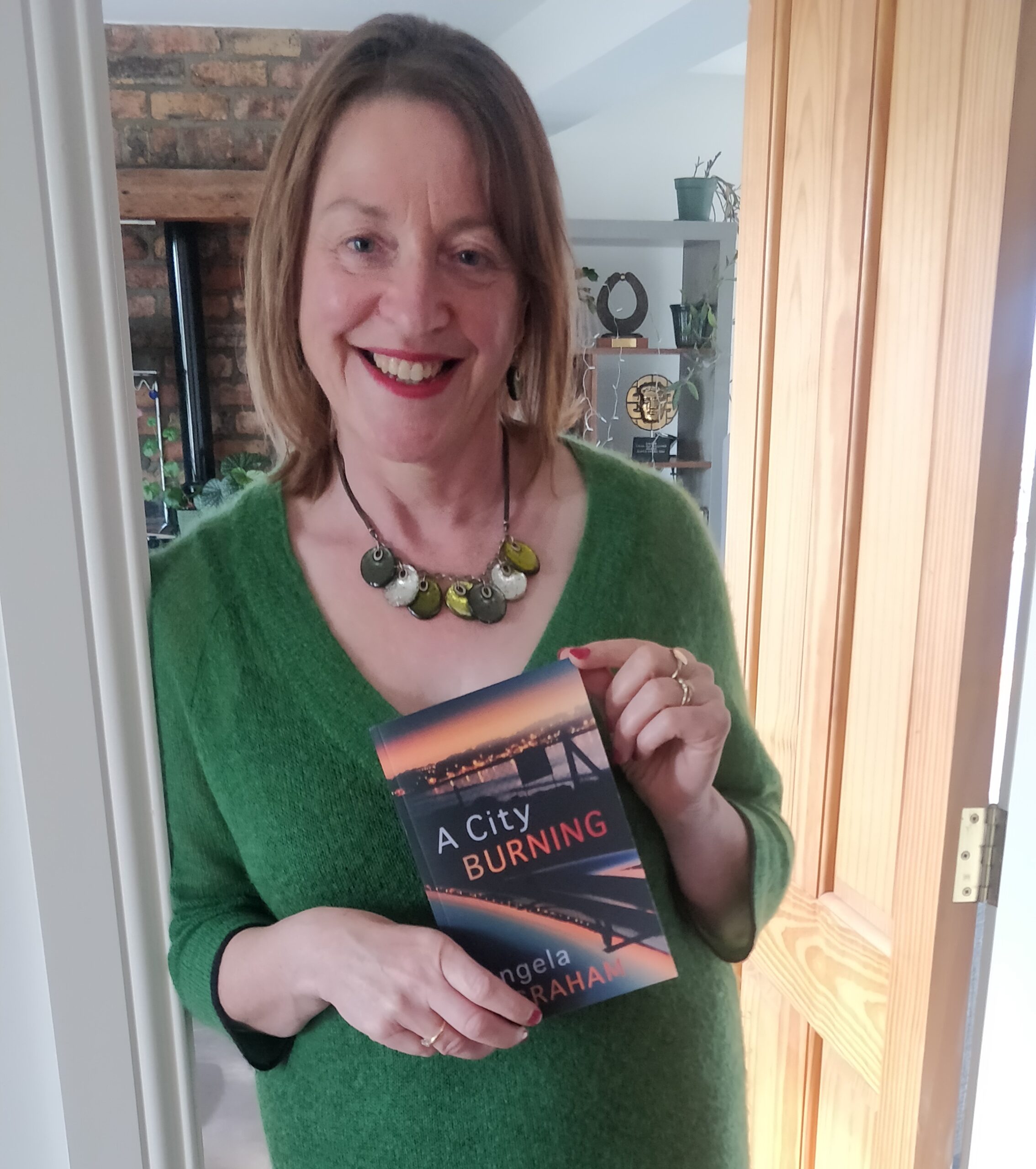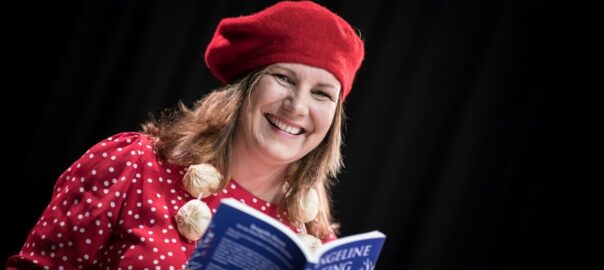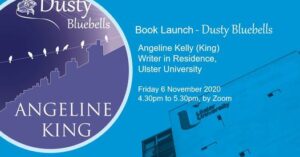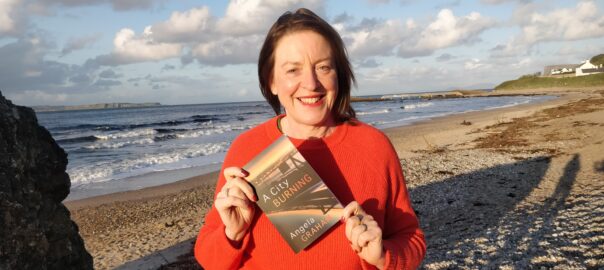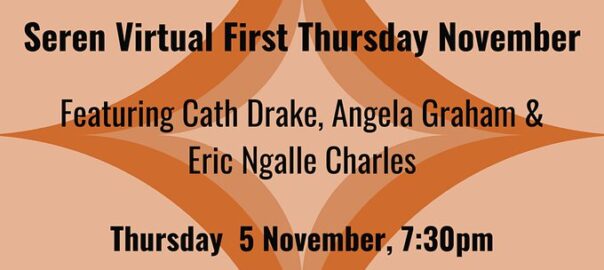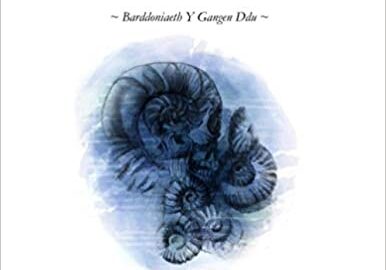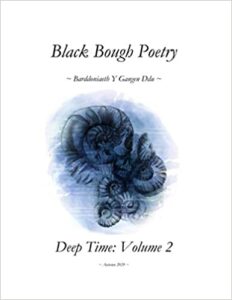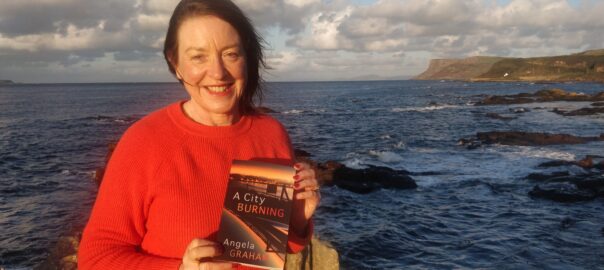A very positive verdict in The Irish Examiner from Sue Leonard
Short, sharp and sometimes shocking, these wonderful stories truly pack a punch.
Sue’s long-running weekly profile Beginner’s Pluck offers a snapshot of a new writer and their debut work.
There’s a strong theme of witness in these 26 stories, which are set in Wales, Northern Ireland, and Italy. The characters face different challenges, from a failed marriage to eulogising a hated terrorist, but each of them is at a moment of change, needing to reassess their beliefs, or image of themselves.
In an enjoyable interview with Sue she asked what I would be ‘in another life’. To my own surprise I said I would like to be an expert ballroom dancer. That will surprise those who know me but it’s true! I don’t watch Strictly but, yes, sweeping rhythmically around a floor is the life I haven’t had… yet.
